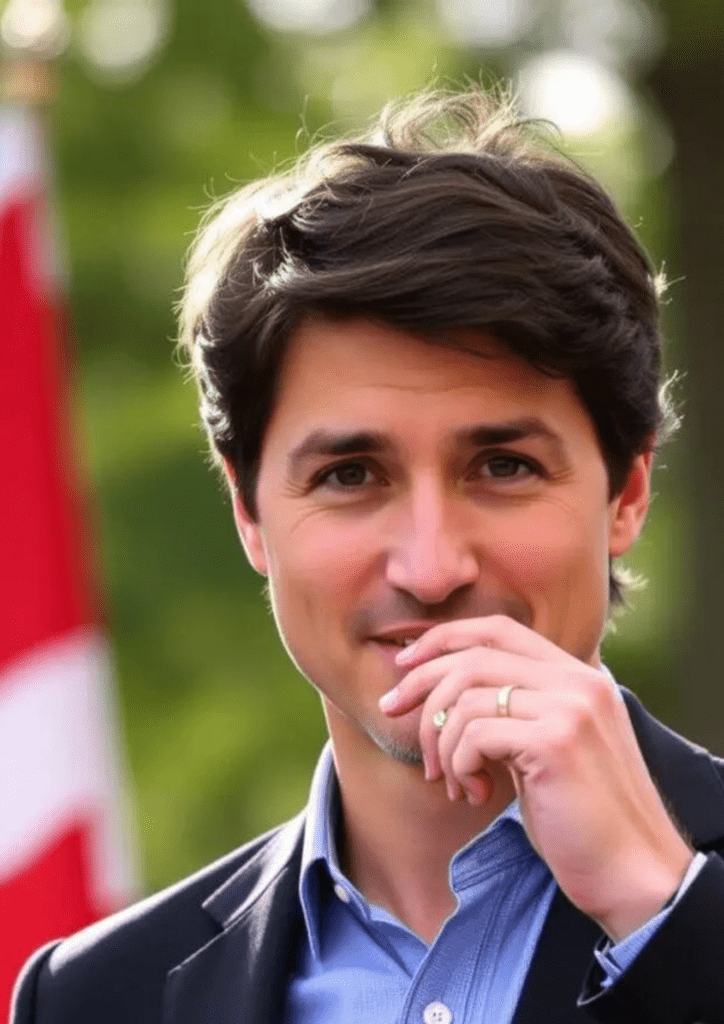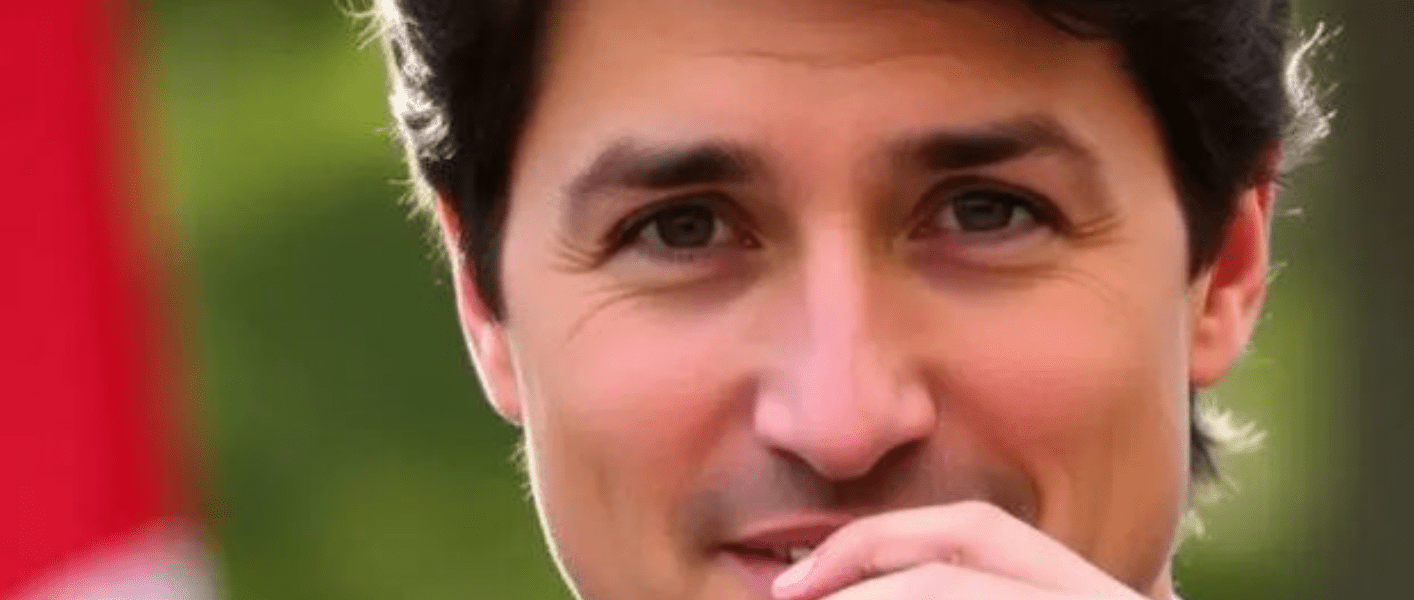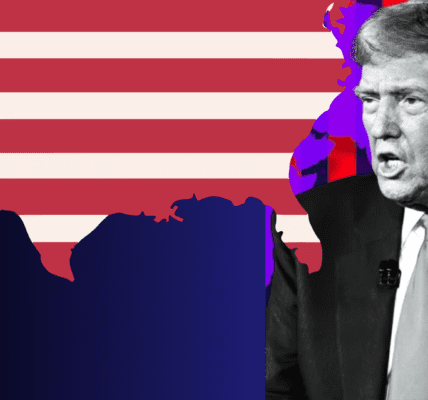Justin Trudeau Announces Resignation: A New Chapter for Canada

In a surprising turn of events, Canadian Prime Minister Justin Trudeau announced his resignation, a decision that marks the end of a significant era in Canadian politics. Trudeau, who has been serving as the leader of the Liberal Party and the Prime Minister of Canada since 2015, stated his intention to step down after a successor for his party leadership is chosen. This announcement has sent ripples through the political landscape of Canada and garnered international attention, as Trudeau has been a prominent figure in global politics for nearly a decade.
A Legacy of Leadership
Justin Trudeau, the son of former Prime Minister Pierre Elliott Trudeau, stepped into the political spotlight with his charismatic personality, progressive policies, and vision for a more inclusive Canada. His tenure began in 2015 when the Liberal Party won a resounding majority, ending nearly a decade of Conservative rule. Trudeau’s platform was built on promises of transparency, environmental responsibility, and social justice, which resonated with a broad spectrum of Canadian voters.
During his time in office, Trudeau introduced several groundbreaking policies and reforms. His government legalized recreational cannabis, imposed a national carbon tax to combat climate change, and implemented a generous child benefit program that significantly reduced child poverty rates in Canada. He also championed diversity and inclusion, famously creating a gender-balanced cabinet with the statement, “Because it’s 2015.”
However, his leadership was not without controversy. Trudeau faced criticism over instances such as the SNC-Lavalin scandal, accusations of unethical conduct, and his handling of Indigenous issues. Despite these setbacks, he remained a central figure in Canadian politics, leading his party to two subsequent election victories in 2019 and 2021, albeit with reduced mandates.
The Reasons Behind the Resignation
Trudeau’s decision to resign comes at a time when the Liberal Party has been facing declining popularity and growing dissatisfaction among Canadians. Recent polls have shown that the opposition Conservative Party, led by Pierre Poilievre, has been gaining ground, signaling a potential shift in the country’s political direction.
In his resignation announcement, Trudeau emphasized the importance of renewing leadership within the Liberal Party. “It’s time for a fresh perspective and new ideas to address the challenges of our time,” he said. Political analysts believe that Trudeau’s resignation is a strategic move to give the party a chance to rebuild and present a new face to voters before the next federal election, expected in 2025.
Trudeau’s tenure has also taken a personal toll. Balancing the demands of leadership with his role as a father and public figure has been challenging, as he has admitted in several interviews. His resignation may also reflect a desire to focus on his family and personal well-being after years of public service.
Reactions to the Announcement
Reactions to Trudeau’s resignation have been mixed. Supporters have praised him for his dedication and achievements, highlighting his efforts to position Canada as a progressive and inclusive nation on the global stage. Many have lauded his handling of major crises, including the COVID-19 pandemic and Canada’s response to the Russian invasion of Ukraine.
Opponents, however, have criticized his leadership style and policy decisions. Some argue that his tenure has been marked by broken promises, such as his failure to implement electoral reform and adequately address housing affordability. Others see his resignation as an admission of the Liberal Party’s waning influence.
International leaders and political figures have also commented on Trudeau’s announcement. U.S. President Joe Biden expressed gratitude for Trudeau’s partnership and leadership on global issues, while European leaders highlighted his commitment to environmental policies and multilateral cooperation.
The Road Ahead for the Liberal Party
Trudeau’s departure leaves the Liberal Party at a crossroads. The search for a new leader will be a pivotal moment for the party, as it seeks to redefine its identity and priorities in a rapidly changing political landscape. Potential contenders for the leadership include Finance Minister Chrystia Freeland, Industry Minister François-Philippe Champagne, and former Bank of Canada Governor Mark Carney, among others.
The new leader will face significant challenges, including addressing the rising cost of living, tackling climate change, and navigating Canada’s economic recovery post-pandemic. They will also need to rebuild public trust and counter the growing appeal of the Conservative Party.
Trudeau’s Legacy
As Justin Trudeau prepares to leave office, his legacy remains a topic of debate. Supporters view him as a transformative leader who brought progressive values to the forefront of Canadian politics. His emphasis on diversity, environmental sustainability, and social justice has left a lasting impact on the country.
Critics, however, point to his shortcomings and argue that his leadership fell short of its initial promise. Issues such as rising inflation, a housing crisis, and unmet commitments have left many Canadians feeling disillusioned.
Regardless of differing opinions, there is no denying that Trudeau’s leadership has been a defining chapter in Canada’s history. His tenure has shaped the nation’s identity and its role on the global stage in profound ways.
What’s Next for Trudeau?
While Trudeau has not announced his future plans, there is speculation that he may take on a role in international organizations or pursue opportunities in academia. Given his global recognition and experience, he could continue to influence international discussions on issues such as climate change, social justice, and democracy.
For now, Trudeau’s focus will likely be on ensuring a smooth transition of leadership and spending time with his family. As he bids farewell to his role as Prime Minister, Canadians and the world will watch closely to see what the next chapter holds for this influential leader.
Conclusion
Justin Trudeau’s resignation marks the end of an era for Canada. His leadership has been a mix of triumphs and controversies, leaving behind a complex legacy. As the country prepares for new leadership, Trudeau’s influence on Canadian politics and society will undoubtedly be felt for years to come. His decision to step down reflects a recognition of the need for renewal and change, both for the Liberal Party and for Canada as a whole.




